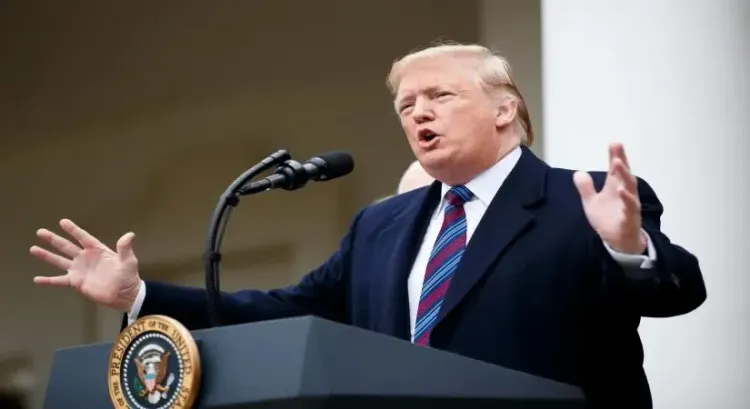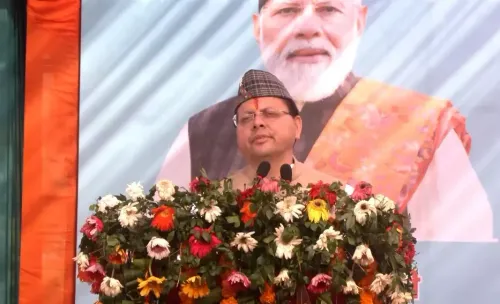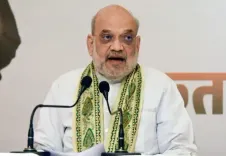Will Trump Conclude Tariff Talks with South Korea Before Deadline?

Synopsis
Key Takeaways
- Trump indicates tariff discussions will not conclude as planned.
- South Korean negotiators are under pressure to finalize a trade deal.
- August 1 is a critical deadline for trade agreements.
- Trump emphasizes the need for a prosperous America.
- Russia has a limited timeframe to reach a ceasefire agreement with Ukraine.
Washington, July 30 (NationPress) US President Donald Trump has indicated that tariff discussions will not conclude tomorrow, responding to inquiries regarding the ongoing trade negotiations with South Korea.
Trump made these statements during a press briefing upon his return from Scotland, as South Korean negotiators are working diligently to finalize a trade agreement with his administration before the upcoming Friday deadline. This deadline marks the initiation of his "reciprocal" tariffs, which include a 25 percent duty on Korean imports, unless a deal is secured, according to reports from the Yonhap news agency.
“(Negotiations) won't be completed tomorrow, but our nation is becoming very prosperous, and that’s our aim,” Trump told the press, as reported by a White House pool report.
“We need a wealthy America. We are accumulating substantial revenue. We are growing very strong and affluent,” he added.
He was responding to a journalist's question regarding the completion of tariff discussions with South Korea by Wednesday.
However, it remains ambiguous whether he was addressing the broader tariff negotiations with multiple trading partners or specifically commenting on discussions with South Korean representatives.
Earlier today, The Wall Street Journal reported that Commerce Secretary Howard Lutnick had urged Korean negotiators to present their "best and final" trade proposal, seemingly a call for the Asian ally to make concessions to achieve an agreement.
Trump has asserted that his administration aims to finalize most trade deals with various nations by August 1, as South Korea and other partners strive to negotiate lower "reciprocal" tariff rates before the deadline. “August 1 is approaching, and we will have most of our agreements finalized, if not all,” Trump stated before departing for Scotland.
Meanwhile, he noted that the 10-day "deadline" for Moscow to resolve the conflict with Ukraine is currently in effect, shortening the previous 50-day timeline announced two weeks ago. Russia has “10 days from today” to establish a ceasefire agreement, Trump informed reporters while returning to Washington after his trip to Scotland. Otherwise, “We will impose tariffs and other measures,” he warned.
On July 14, Trump cautioned Russia with "severe tariffs" unless it agrees to a ceasefire with Ukraine within the original 50-day timeframe.









